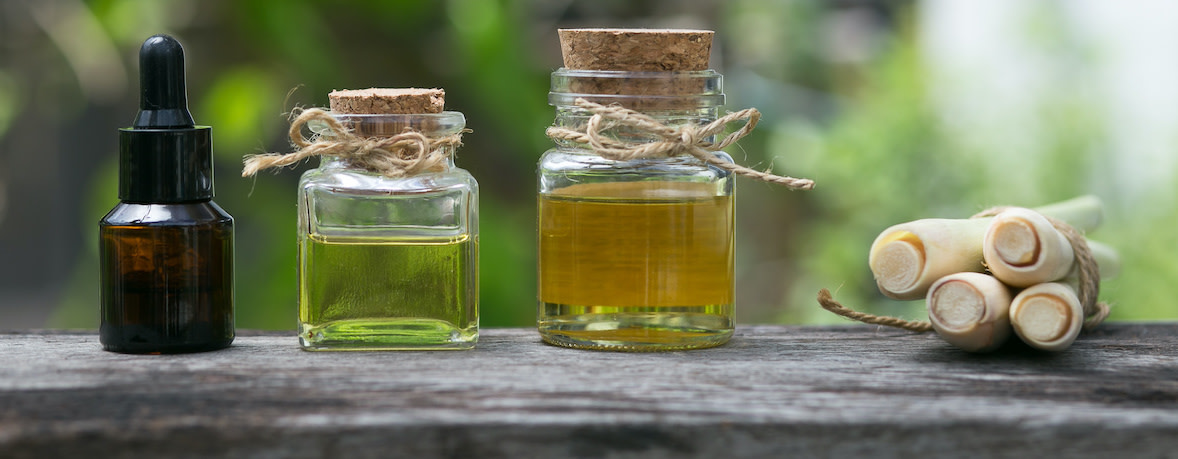Homemade Mosquito Repellent: How to Make Natural Repellent
Written by MasterClass
Last updated: Oct 15, 2021 • 2 min read
Homemade mosquito repellent is a natural remedy that wards off mosquitoes and is simple to make.
Learn From the Best
What Is Mosquito Repellent?
Mosquito repellent is a type of spray or lotion that deters mosquitoes from biting you. Mosquito bites can leave large, itchy welts on your body, and bug bites can cause allergic reactions. Mosquito repellent does not kill the insects, but the smell of ingredients repels them. Commercial mosquito repellent typically contains synthetic chemicals, namely DEET, that can cause skin irritation and rashes. Natural mosquito repellents repel mosquitoes with the scent of essential oils, which are safe on sensitive skin.
Natural Ingredients for Mosquito Repellent
Several natural essential oils can be used as a mosquito repellent, including cinnamon oil, citronella oil, peppermint oil, catnip oil, eucalyptus oil, lavender oil, neem oil, lemongrass oil, soybean oil, tea tree oil, geranium oil, thyme oil, and rosemary oil. There are more than 3,000 species of mosquitoes worldwide, though, and not all essential oils will work as a repellent. The most effective mosquito repelling oils depends on where you live and what kinds of mosquitoes are local to that area.
Mosquitos are also repelled by the smells of lemon juice and vinegar, but vinegar can irritate the skin. To use vinegar as a bug repellent, spray apple cider vinegar in outdoor spaces.
How to Make Natural Mosquito Repellent Spray
Mosquito repellent recipes consist of a liquid base and essential oils. Follow these steps to make your DIY mosquito repellent:
- 1. Gather the ingredients. You’ll need half a cup of distilled water, half a cup of witch hazel, rubbing alcohol, or vinegar, and 30 to 40 drops of essential oil of your choice. (Rubbing alcohol may be irritating if sprayed on the skin, and witch hazel is the gentlest option for sprays.)
- 2. Create a custom scent. Combine essential oils to create a custom scent. Your homemade mosquito repellent spray can also serve as a natural bug repellent, depending on the combination of oils. For example, cedarwood oil also deters ticks, and lavender essential oils drive away gnats, flies, and ticks.
- 3. Pour the ingredients into a spray bottle. Shake to combine and spray as needed. You should shake the bottle before every use because the oils and liquid will separate over time.
Are Essential Oils Toxic?
Some essential oils can be toxic for young children when applied directly to the skin. For example, the Centers for Disease Control and Prevention (CDC) does not recommend using the oil of lemon eucalyptus for children under the age of three. Peppermint oil used on children under 30 months of age can increase the risk of seizure.
There are natural bug sprays available commercially that are safe for children. The Environmental Protection Agency (EPA) has a list of natural mosquito repellents evaluated for safety and effectiveness.
Preparing for Wilderness Expeditions
Certain outdoor activities carry an elevated risk of serious injury. Wilderness scenarios require extensive survival gear, including but not limited to food, water, maps, protective clothing, and first aid, along with mental and physical fortitude. This article is for educational and informational purposes, and is not a substitute for hard skills and expertise.
Ready to Explore More of the Great Outdoors?
Prepare for any outdoor journey by grabbing a MasterClass Annual Membership and committing Jessie Krebs’s wilderness survival course to memory. As a former United States Air Force Survival, Evasion, Resistance, and Escape instructor, Jessie can teach you everything you need to know about packing for a trip (neon is the new black), purifying water, foraging (crickets: the other white meat), starting a fire, and signaling for help (forget SOS).
